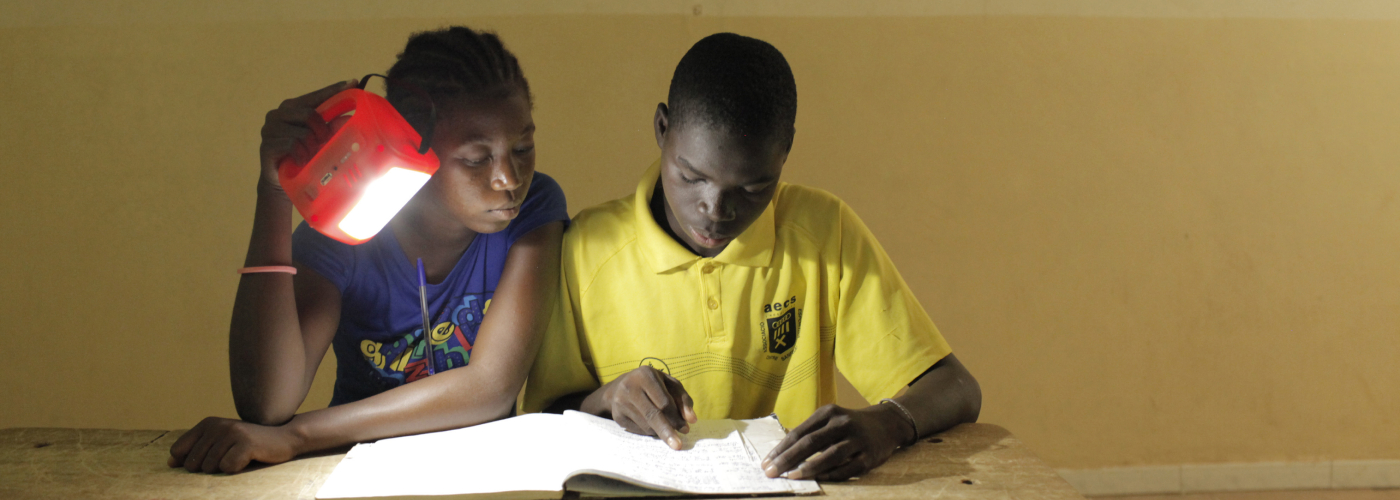This report represents the Scoping Phase (Phase 1) of Research Area 2 – Productive uses of Energy – of ENERGIA’s Gender and Energy Research Programme. This Research Area applies a gender perspective to explore: (i) the energy sources used by micro and small enterprises in the informal food sector; (ii) the changes that may be brought by use of modern energy services (MESs) both within the enterprise itself and at household level; and (iii) how energy changes in enterprises influence economic and social empowerment of both men and women.
Phase 1 of this research employed a mixed methods approach in Rwanda, Senegal and South Africa, involving: 1) a literature review covering energy, the informal food sector, gender, and relevant policies; 2) a questionnaire survey of enterprises in the informal food sector; and 3) in-depth interviews with enterprise owners or employees. The key findings of Phase 1 include:
– The literature review, which explored the energy and gender dimension of entrepreneurs in the informal food sector in the study sites and beyond, finding that despite the relatively high number of studies on the informal food sector and particularly on street there is hardly discussion on gendered energy use. In addition, survivalist versus growth-oriented approaches were identified as important concepts for exploring the informal food sector, entrepreneurship and empowerment.
– The questionnaire survey and in-depth interviews, which explored a range of questions regarding enterprises, their production, energy use, and empowerment, established that informal enterprises depend on a wide range energy sources, and are faced with accessibility, and affordability issues.
– The scoping research confirms that energy use at home does contribute to the enterprise in a number of ways – such as use of appliances that were originally intended for household use only.

 ?>
?>









Follow us on: